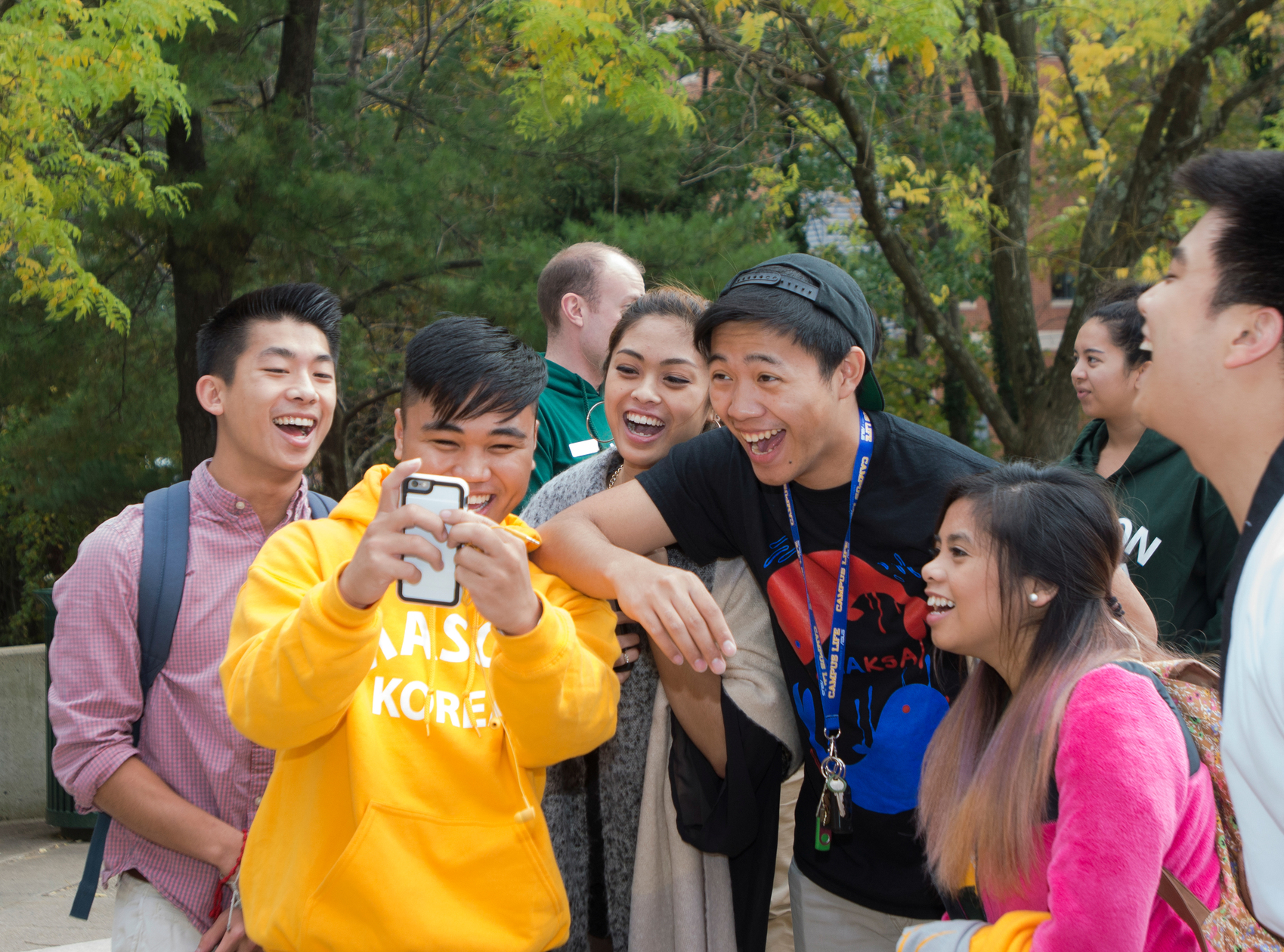by Jung-Hyun Kim, Sogang University, Seoul, South Korea
Despite facing many old and new well-being challenges – including the COVID-19 pandemic – young Koreans seem to feel a sense of pride these days, probably for the first time in South Korea’s 5,000-year history.
Having gone through a lot of wars and diverse economic as well as political challenges, Korea has not been a happy country. According to SDSN (Sustainable Development Solutions Network)’s 2020 happiness report, Korea was ranked 61th out of 153 countries dropping seven steps compared to last year. Compared with other OECD countries, Korea was ranked 30th, which is even lower than 29thin 1990 among the 31 OECD countries. Overall, Korean’s well-being has not gone up much considering its drastic advance in income, health conditions, living conditions, or many other socioeconomic indicators.
Koreans in their 20s and 30s scored a bit higher than 50 (N=1000, M = 54) out of 100 points on the happiness scale, according to one of the private research companies in South Korea. Compared to different age categories, Korean youngsters turned out to be less happy. With a record high unemployment rate of 20s (9.8%) in 2019, the highest since the IMF crisis in 1997, it is getting harder for young Koreans to find jobs. This leads to other problems such as the young generation’s giving up on romantic relationships, marriage, buying houses, having children, etc., which all cost money. With an extremely competitive job market, Korean youngsters show not only the low level of happiness, but also are reported to suffer from diverse mental health issues. According to one of the Korean government’s reports, those in their 20s had shown the highest growth rate in depression, panic disorder, bipolar disorder, anxiety disorder, insomnia compared to other age categories, between 2013 and 2017.
Still, the challenging job market is one of the many reasons that have been reducing Korean young people’s well-being. Korea has been known for its collective and extremely competitive culture that puts everyone in the endless cycle of comparison with others. Koreans are compared against others in almost every single aspect of their lives, including school grades (starting from elementary school), which university they get in, what kinds of job they get, to whom they get married, how many children they have, what their children’s school grades are, etc. In addition to the culture of constant comparison and competition, the long tradition of hierarchical social system and patriarchy has been putting Korean women of age 20-30 the lowest in their happiness scores across all the age and gender categories. The existence of such harsh culture for women in Korea is affirmed based on the fact that Korean females showed a higher level of happiness when living abroad, while Korean males showed the lowest level of happiness when living abroad.
The young Koreans have been well aware of such harshness in Korean society, which makes it hard for them to be happy and enjoy their lives in Korea. A new term, “Hell Chosun (one of the old names of Korea)”, was even created by Korean youngsters as a way to express their strong anxiety and frustration of living in this country. According to Korea Development Institute (KDI)’s 2018 report on Koreans’ happiness, more than half of Koreans (56%) thought that they do not have a second chance once they fail in anything (e.g., getting ill or financial breakdown, etc.), and 72% were worried that their social or economic status might get worse easily.
In addition to all those existing problems, COVID-19 has happened and Korea was heavily affected by it.
After about four months since the first outbreak of COVID 19 in Korea, however, a majority of Koreans feel quite safe, though still cautious, about how things are now in this country. A national survey supported this proposition by showing that a majority of Koreans think Korea has become a highly advanced country (65%), and that they feel fortunate to be Koreans (64%). Many YouTube videos are coming out every day, showing how well Korea has been doing fighting COVID-19 and in other areas. Probably for the first time in Korea’s 5,000-year history, Koreans seem to feel that they deserve some complements, without much reservation or modesty that Koreans have been trained to maintain.
I am not suggesting that Korea’s many existing issues are gone. Young Koreans are still under a lot of pressures of this competitive country, and the lowest birth rate (0.92) ever in Korean history clearly shows this. It is even predicted that Korea will see the reduction of its population, starting from this year. More and more Korean youngsters are reluctant to have children, as they are concerned just for their own survival, and not willing to pass down their stressful lives to the next generation.
Ironically, however, the unexpected COVID-19 crisis seems to cut Korean young people some slack from being harsh toward their country as well as themselves. I cannot predict what would happen to Korean youngsters’ well-being after COVID-19 subsides, since so many things are changing rapidly while old problems still persist. All I can say for now is that Korea’s young generation is experiencing a very interesting era combined with long-lived stresses and newly rising pride.

